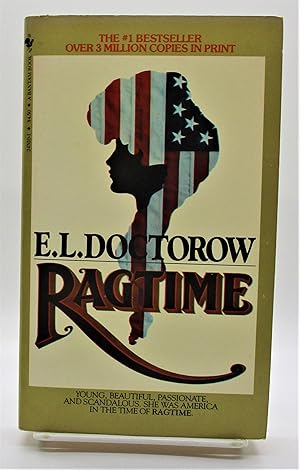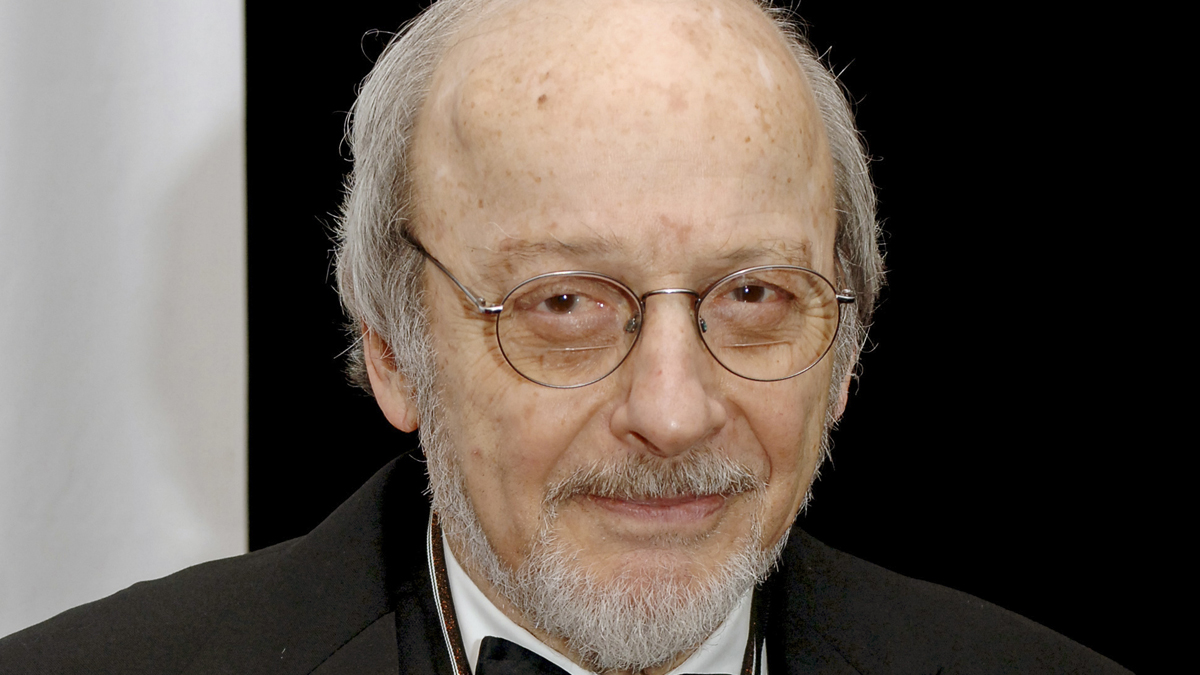

The story opens in 1906 in New Rochelle, NY, at the home of an affluent American family. An extraordinary tapestry, Ragtime captures the spirit of America in the era between the turn of the century & the First World War. Skewed novelizations of American history - from ‘Dewey Defeats Truman’ to ‘Chang and Eng,’ from ‘Underworld’ to ‘Drop City’ - it’sĮasy to forget this method didn’t simply appear out of nowhere, disco-like, around 1975. Published in 1975, Ragtime changed our very concept of what a novel could be. Smiths without realizing how much of their jangly guitar sound was borrowed wholesale from the Byrds’ mid-60s albums, in contemporary fiction we’ve become so used to colorful, madcap, slightly But the first thing to be said about it is that it works. Doctorow's 'Ragtime' is a highly original experiment in historical fiction. Just as most of my peers love and idolize R.E.M. From The New York Times review of 'Ragtime' (1975): 'E.L. Having done a little digging into the archives (novels I hadn’t read, reviews before my time), I’ve concluded that Doctorow has become a Byrd. Doctorow’s stories in The New York Times Book Review in 2011, Jess Row, who was born the year before “Ragtime” was published, wrote: ‘World’s Fair’ that the process of remembering is by definition a process of invention, he rejects altogether the notion that imagination and memory are ever pure of each other.” Doctorow’s method: “By flaunting the artificial line dividing the true from the imagined, Mr. Reviewing “World’s Fair” in The New York Times Book Review in 1985, David Leavitt criticized the novel’s “fracturedĪnd inconsistent feel,” but also distilled a key component of Mr. Tempted to dispense with heavy breathing and analysis and settle down to mindless celebration of the pure fun of the thing.” Lehmann-Haupt wrote, “that one devours it in a single sitting as if it were the most conventional of entertainments.

Doctorow’s novels, including 1975’s “Ragtime,” perhaps still his best known. Lehmann-Haupt went on to review several of Mr.

Has turned such liabilities into assets.”Īs a book critic for The Times, Mr. Lehmann-Haupt wrote: “OneĬontemplates most novels based on controversial public happenings with a sinking heart: fictionalization tends to trivialize such events: the public record weighs like sandbags on the imagination. Into the first rank of contemporary American writers.” That novel was loosely based on the story of Julius and Ethel Rosenberg, the Americans executed for treason in 1953. Doctorow’sĭebut “taut and dramatic, exciting and successfully symbolic.”Įleven years later, Christopher Lehmann-Haupt wrote in The Times that, with “The Book of Daniel,” Mr. Doctorow, the award-winning author who died on Tuesday at 84. In 1960 in The New York Times Book Review, Wirt Williams reviewed a “first novel by a philosophy major.” The book was “Welcome to Hard Times” by E.


 0 kommentar(er)
0 kommentar(er)
